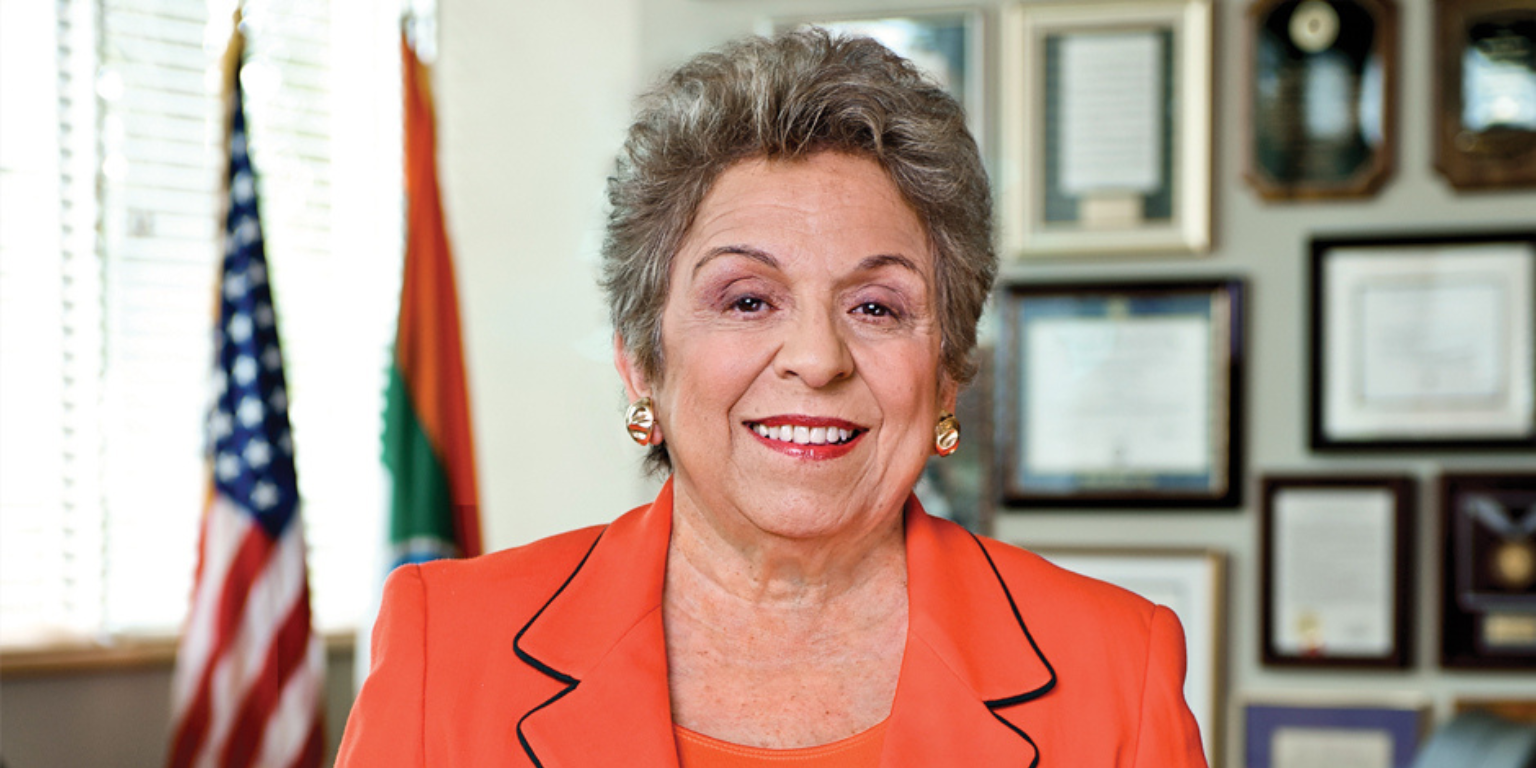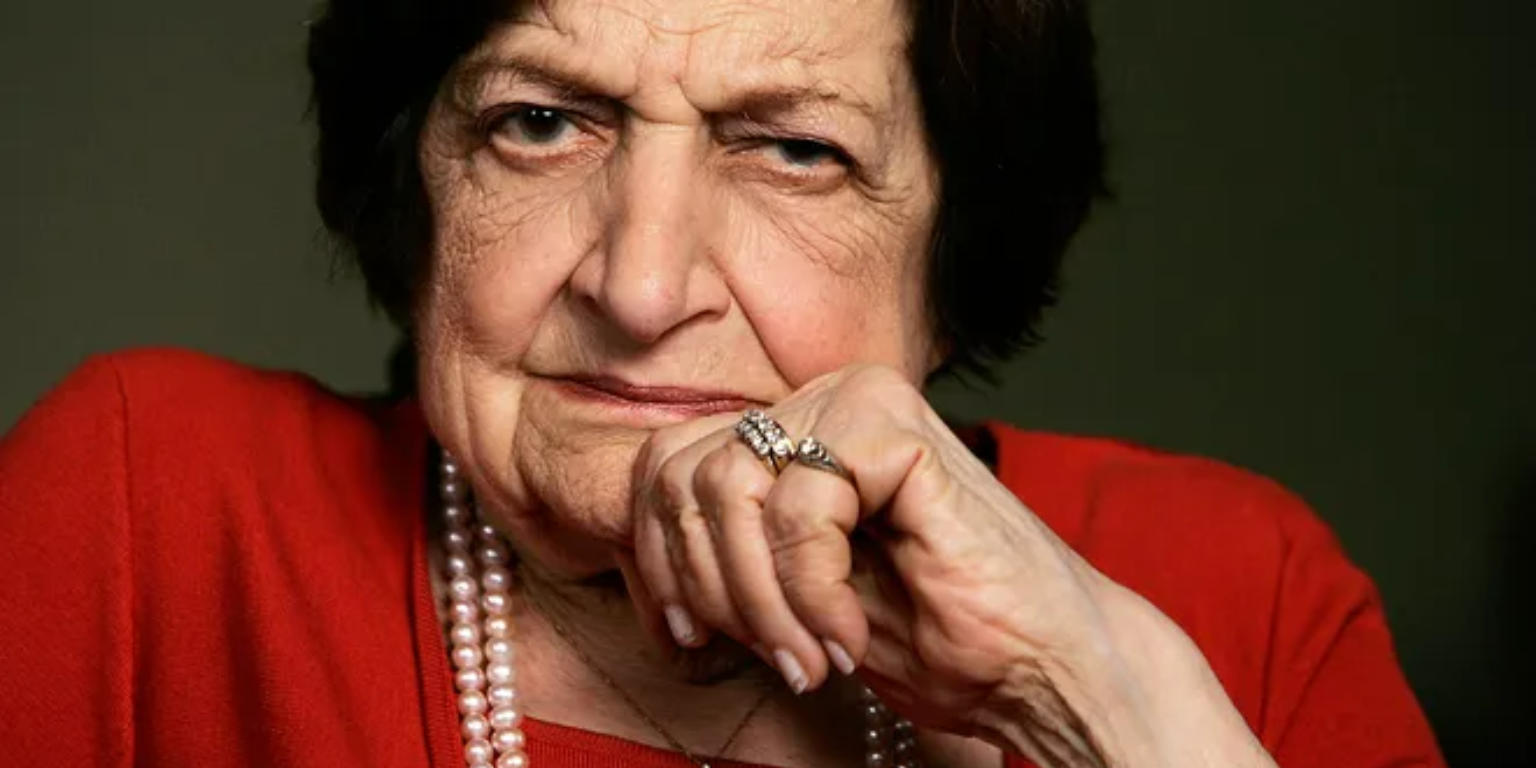April is National Arab American Heritage Month. Arab Americans have contributed to various aspects of U.S. society since 1527.1 Arab American communities are diverse: their heritages are rooted in about 22 countries from the Middle East to North Africa and practice different religions. However, they have often been homogenously described. More importantly, their experiences have been masked because the U.S. census has categorized Arab Americans as racially white. Thus, Arab Americans have battled for an accurate representation of themselves as Arab Americans and of their diversity. In this movement, Arab American women have also played pivotal roles. Yet, these stories are seldom told.
One way to celebrate Arab American heritage is to acknowledge the efforts and achievements of Arab Americans for their better representation in the U.S. In this Ally Tips episode, we highlight the recent changes in collecting racial demographic information of Arab American individuals in the U.S. This can lead us to understand the experiences of Arab American students, faculty, and staff in their own lives and in higher education. We will also share some of the resources to commemorate Arab American heritage and advocate for the intersectionality of Arab American women.





